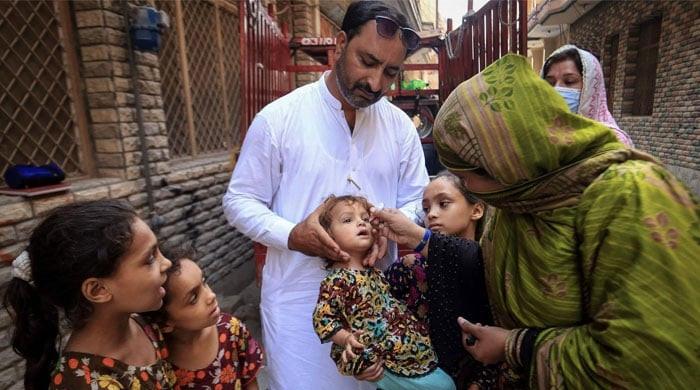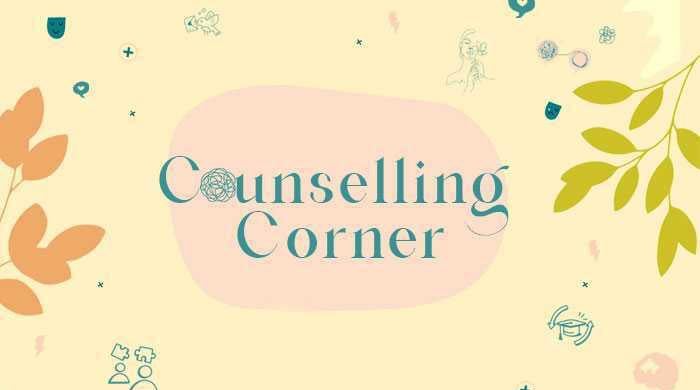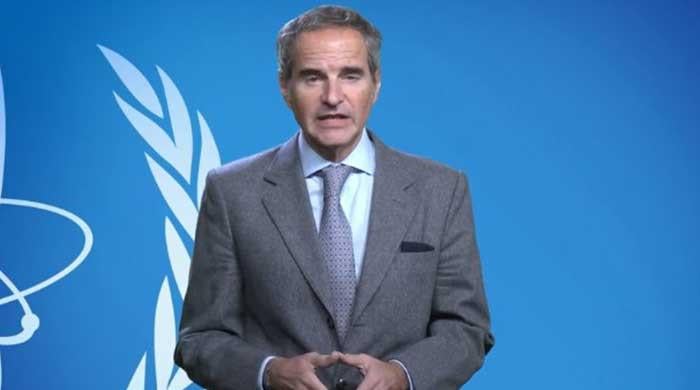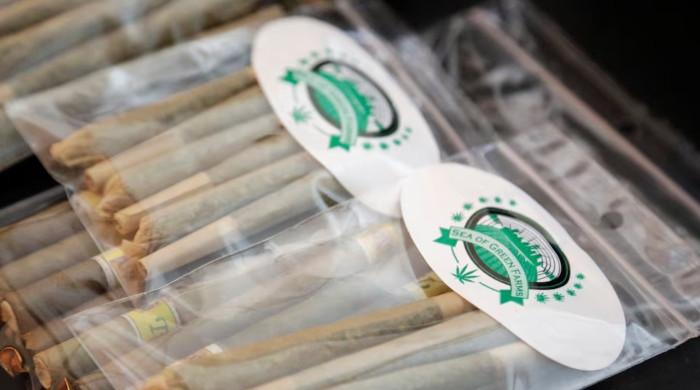Combo of sleep apnea and insomnia linked to depression in men
Obstructive sleep apnea and insomnia are the two most common sleep disorders and can occur together in the same individual
June 21, 2017
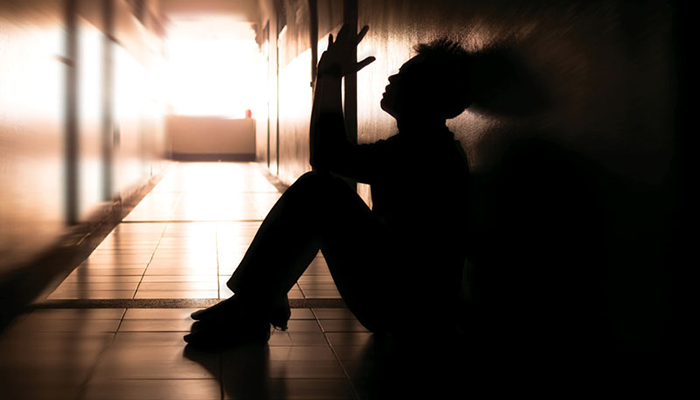
Men with both obstructive sleep apnea and insomnia are much more likely to have depression symptoms compared to men with either sleep disorder alone, suggests a recent Australian study.
The depression symptoms also seem to be worse for men who have both apnea and insomnia compared to men with depression but without this combination of sleep problems, the authors report in the journal Respirology.
“Obstructive sleep apnea and insomnia are the two most common sleep disorders and can occur together in the same individual,” lead author Dr. Carol Lang, a researcher at the Basil Hetzel Institute at the University of Adelaide Queen Elizabeth Hospital Campus, told Reuters Health.
“We know that each of these disorders is individually associated with poor physical and mental health outcomes in patients. However, we don’t know very much about if, or how, the two disorders interact with each other and the health outcomes when they coexist in the same individual,” Lang said in an email.
A person with obstructive sleep apnea has their breathing interrupted multiple times during sleep by narrowed or blocked airways. The condition is often treated by wearing a continuous positive airway pressure, or CPAP, mask to keep the airway open.
Insomnia was defined in this study as the inability to fall or stay asleep together with feeling fatigued during the day.
Lang and her colleagues enrolled 700 mostly middle-aged men in Adelaide with no diagnosis of obstructive sleep apnea. All of them underwent at-home sleep monitoring known as polysomnography and answered questions about their sleep habits, health conditions and possible depression symptoms.
Researchers found that more than half of the men had undiagnosed obstructive sleep apnea. In the entire group, 323 men had sleep apnea only, 37 had insomnia only and 47 had both conditions.
Of the men with both sleep apnea and insomnia, 43 percent also had depression, compared with 22 percent of the men who had insomnia alone and 8 percent of the men who had sleep apnea alone.
Sleep deprivation, which may occur in chronic insomnia, is known to adversely affect muscles involved in breathing and may contribute to the propensity and severity of sleep apnea, Lang noted.
“There are also many biochemical signaling pathways in the body through which sleep apnea, insomnia, and depression may interact with each other,” she said.
If one of the sleep disorders is suspected, primary care providers should consider the possibility of co-existing sleep apnea and insomnia as well as their patient’s mental health, said Lang.
“Since some hypnotic medications could potentially be counter-productive, patients should be referred to sleep clinics, and if necessary mental health clinics, for further investigation so that the most appropriate treatment strategy can be implemented for them as an individual,” she said.
Our sleep is important for our physical and mental health, Lang added, and a person who experiences sleep problems should talk to a medical practitioner to see if further investigation is necessary.





